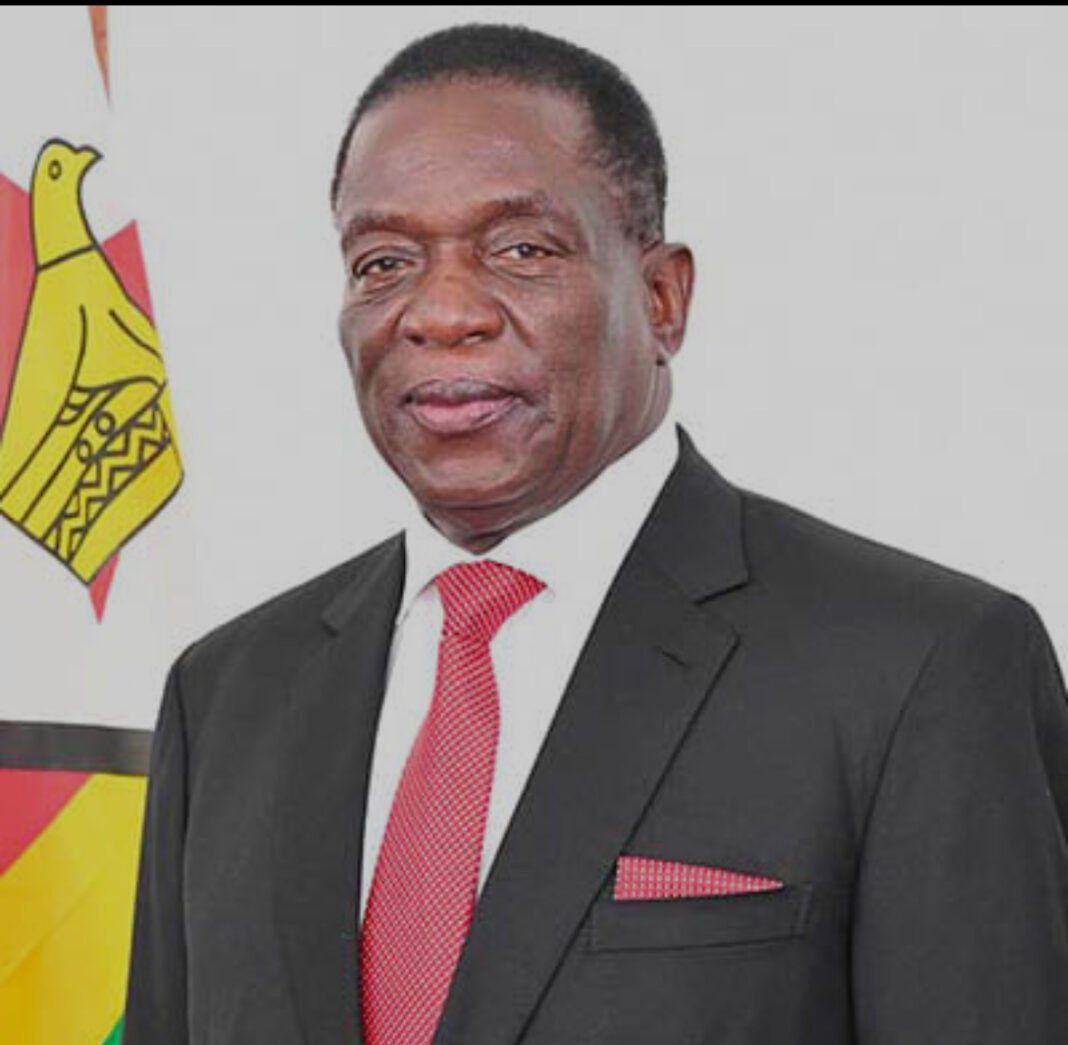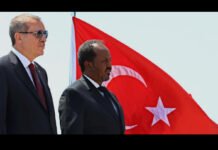HARARE, (HAN) — Zimbabwe’s ruling party, ZANU-PF, has announced plans to amend the country’s constitution to extend President Emmerson Mnangagwa’s term in office by two years, a move that has drawn sharp criticism from opposition parties, legal experts, and civil society groups who call it an unlawful bid to prolong his rule.
Mnangagwa, 82, is currently serving his second and final five-year term, which is due to end in 2028. The country’s 2013 Constitution limits presidents to two terms, a safeguard introduced after decades of autocratic rule under Robert Mugabe.
However, ZANU-PF officials say they want to amend the constitution to allow Mnangagwa to remain in power until 2030, arguing that the president needs more time to complete what they call “ongoing national development projects.”
Party spokesperson Christopher Mutsvangwa told state media that extending Mnangagwa’s term was in the interest of “continuity, stability, and economic progress,” adding that the president’s leadership had brought “peace and economic transformation” since he took power in 2017.
Opposition leaders, however, see the move as another step toward consolidating authoritarian control.
“This is a blatant attempt to subvert the constitution and extend Mnangagwa’s rule through manipulation,” said Promise Mkwananzi, spokesperson for the Citizens Coalition for Change (CCC). “Zimbabweans voted for term limits to prevent exactly this kind of power grab.”
Legal experts have also raised alarm, noting that the proposed amendment undermines the democratic principles enshrined in the 2013 charter.
“The constitution is not a personal document; it belongs to the people,” said constitutional lawyer Beatrice Mtetwa. “Any attempt to extend a presidential term without public consent is both illegal and dangerous.”
Mnangagwa came to power after a military intervention that ended Robert Mugabe’s 37-year rule in November 2017. At the time, Mnangagwa promised a “new era” of democratic reform and economic revival. But critics say his government has continued many of Mugabe’s repressive tactics, including the arrest of opposition members, harassment of journalists, and suppression of protests.
ZANU-PF holds a two-thirds majority in Parliament, the threshold needed to amend the constitution, making passage of the proposal highly likely.
Human rights organizations have warned that the plan could further erode democracy in Zimbabwe and deepen the country’s political and economic crisis.
“The move to extend the president’s term reflects a dangerous trend in Africa, where some leaders are seeking to remove constitutional limits to stay in power,” said Dewa Mavhinga, a regional human rights analyst. “This could spark unrest and damage Zimbabwe’s standing in the international community.”
Zimbabwe’s economy continues to struggle with high inflation, unemployment, and a weak currency. Many citizens say they are more concerned about daily survival than constitutional changes.
Still, opposition groups have vowed to resist the proposal through legal and political channels. “We will not allow the constitution to be mutilated for the benefit of one man,” Mkwananzi said.
If the amendment passes, Mnangagwa would be able to remain in office until 2030 — extending his rule to 13 years since taking power and deepening concerns that Zimbabwe may be sliding back into a one-party state.





